Here’s a question for you: what kind of books should we burn?
Mein Kampf? The Satanic Verses? Harry Potter? (Yes, it’s happened.)
I have just finished reading The Jewel of Medina, Sherry Jones’ best-selling novel about the Prophet Muhammad’s child bride Aisha.
I thought Sherry courageous to take on the subject. Writing about the founder of a major world religion takes guts.
But her methodology is sound; she tries to humanize historical people, as every historical novelist tries to do.
I thought she did an excellent job of portraying Aisha, a fiery girl who can’t keep her mouth shut.
She is torn by fervor and jealousy, married to a man destined to become one of the great religious leaders of history.
Muhammad himself seems at times self serving and lecherous. Which perhaps he was. He is also drawn as compassionate and human.
I didn’t see his charisma portrayed - I would like to have seen that. But he’s not an unsympathetic figure in the book and there’s nothing malicious or defamatory in the way he’s been drawn. After I finished the book I wanted to learn much more about him.
But just before publication her New York publisher cancelled the book, fearing that it might incite reprisals from Islamic fundamentalists.
In effect, they burned their own book.
After it was finally published elsewhere, Ms Jones was called the ‘world’s most dangerous author.’ Really? It’s a book, it’s an idea. Ideas are allowed.
Or are they?
Voltaire once famously said (actually he was just famously paraphrased) ‘I do not agree with a single word you have said, but I will fight to the death for your right to say it.’ This is what free speech means; it’s not about the right to say what we believe, but letting someone else say what we don’t believe.
For example, want to read Hitler’s world view?
Want to read the communist manifesto?
This is why, for all its faults, the west is called the free world and Iran and North Korea aren’t.
Burn a book, build a prison.
The Jewel of Medina is not a book about Mohammed. It’s Aisha’s story. As Sherry says on her web page: “My goal was to tell about the women behind the man — his domestic life — and to portray the difficulties of life in the harem.”
Some called it soft core pornography. I hate to refute this and damage Sherry’s book sales, but this is not Fifty Shades of Islam. How can you write honestly about a marriage and not write about sex? If anyone really thinks the book pornographic, they should get out more.
She was also criticized for how she interpreted the real life characters in her novel.
This one is getting a bit old; the way people are viewed is entirely subjective. How Michelle Obama sees her husband and his motives is quite different from how Donald Trump views him. And Obama’s a famous person who’s still alive.
There are people who hate me and love me, and who have very conflicting views of my own history. So do you. To say that any history can be precise is a nonsense. No one knows the true story of Mohammed and his wives. Not even them.
That’s why history is intriguing. The historical novel is not about getting close to the truth; it’s about seeing the past through endless prisms.
No one owns history, no one owns the truth.
Even though people would like to. As any dictator will tell you, whoever owns the past controls the present. It’s why fundamentalists want to seal it off.
Do you have to be a Muslim to write about Muslims? Do you have to come from the seventh century to write about it?
No, you just have to do your research. Sherry Jones clearly has. While some have said the novel is too contrived, others say she relied too heavily on historic Islamic sources. Too much license, not enough; sigh. As an historical novelist, you really can’t please all the people all the time.
But the most unfortunate criticism came from Denise Spellberg.
She”s an associate professor of Islamic history at the University of Texas in Austin. It was on her advice that the book was pulled. She said: ‘You can’t play with sacred history and turn it into soft core pornography.”
Is history sacred? Or is someone’s interpretation of it sacred?
Henry VIII did not have three wives or seven. He did not have a wooden leg. This is ‘sacred’ history in that it is factual. But interpreting past events - this is what novelists do. That’s why it’s called fiction.
As James Joyce pointed out in ‘Ulysses’, making history ‘sacred’ - religious or secular - is what is truly dangerous. The Da Vinci Code was a bad book because of the writing, not the ideas.
I thoroughly enjoyed ‘The Jewel of Medina.’ It made me curious about history, which I think any good historical novel should do. I gained a different perspective on the world, and on Islamic women in particular.
Who would not want to publish a book like that?
We need to examine our history in as many ways as we can, even if it challenges our opinions about the world. Especially when it does that.
So when would you put a fetwa on Salman Rushdie?
When would you set off with a lynching party and go looking for Sherry Jones?
Where is the line in the sand for you?
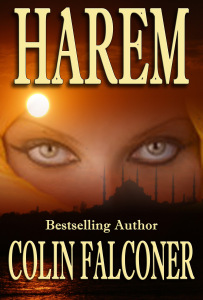 See HAREM, now on Slideshare!!
See HAREM, now on Slideshare!!
If you enjoy my blog, why not sign up for the monthly newsletter?
Last month my subscribers had the chance to get a FREE copy of my latest release WARBABY. (It’s the only offer of any kind I’m making on that book.)
You’ll get news of all latest releases and next month there’s the chance to win a copy of ISTANBUL available to SUBSCRIBERS ONLY. There’s no spamming guys - all you’ll get is one newsletter, once a month.

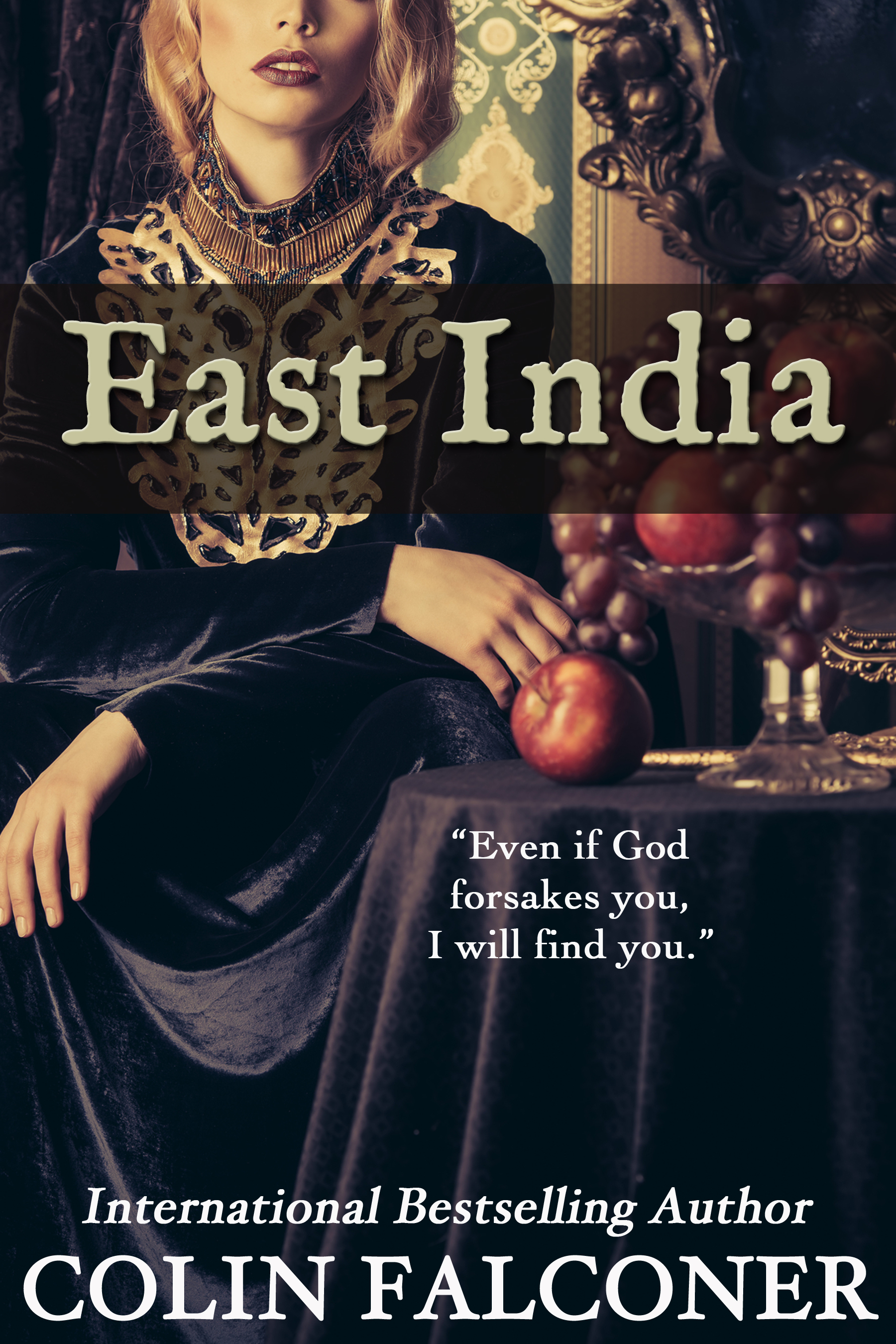
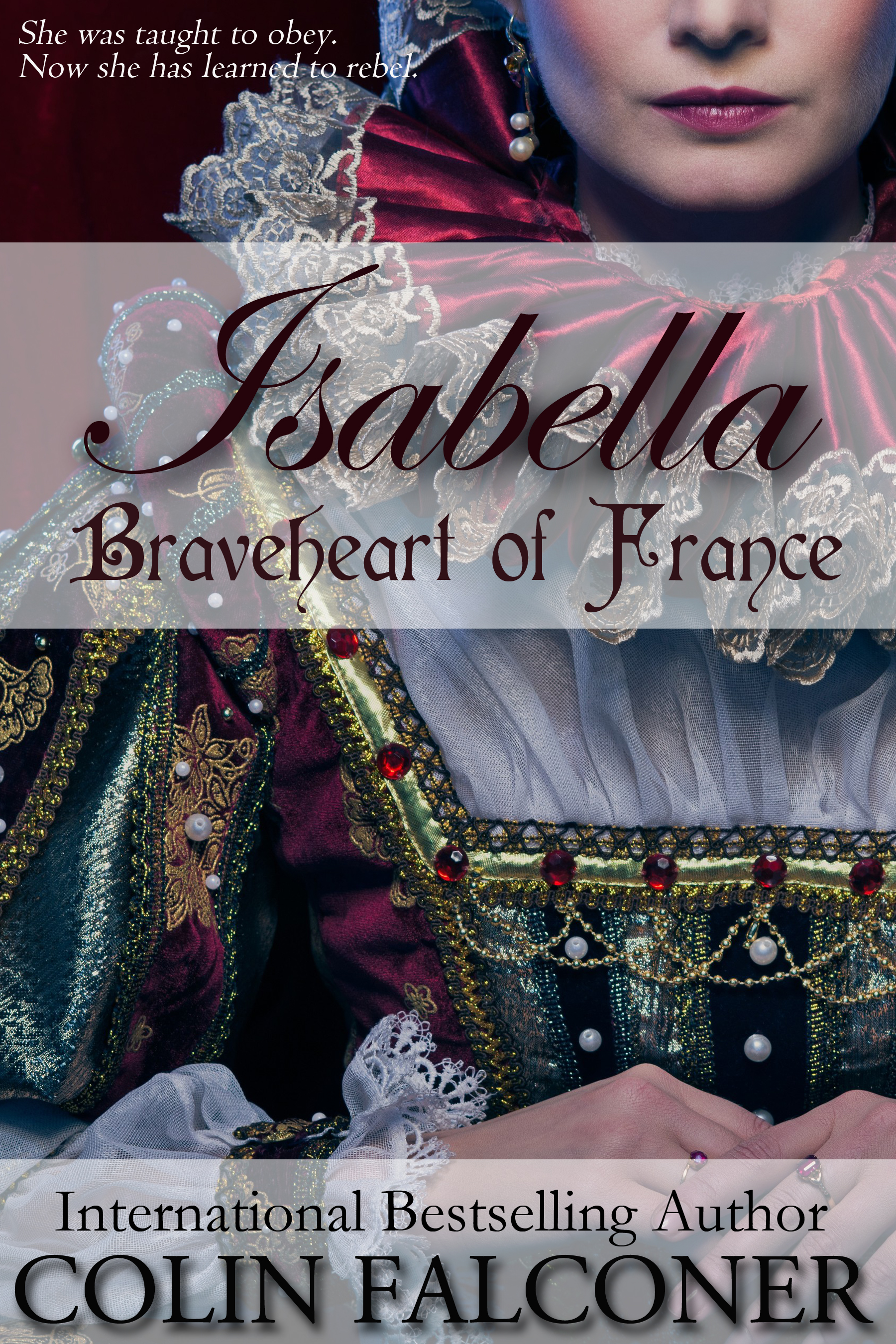
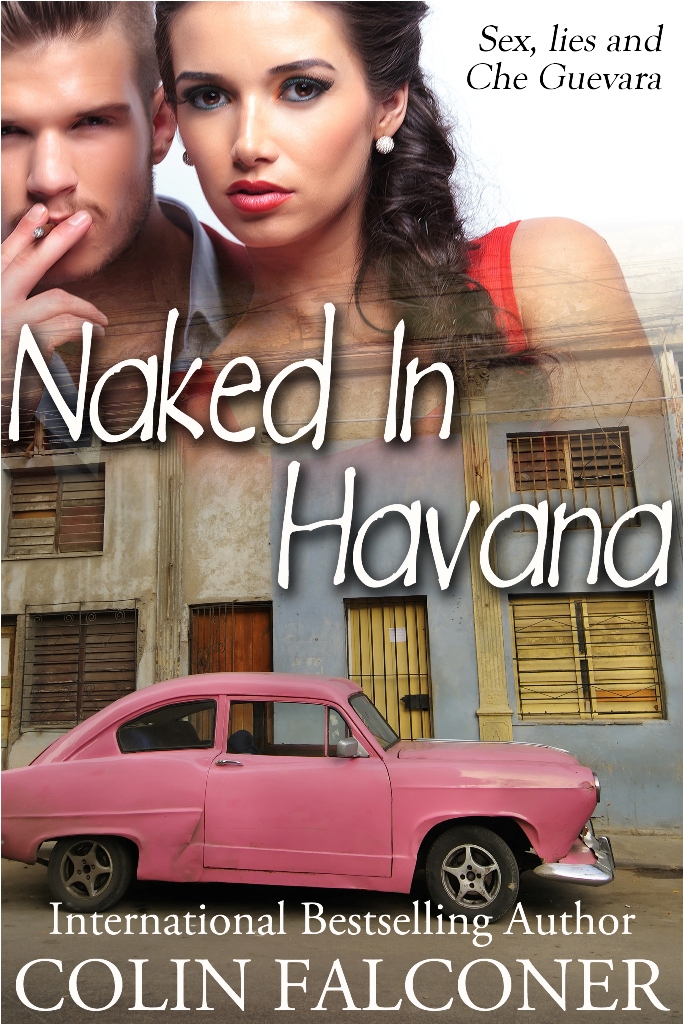
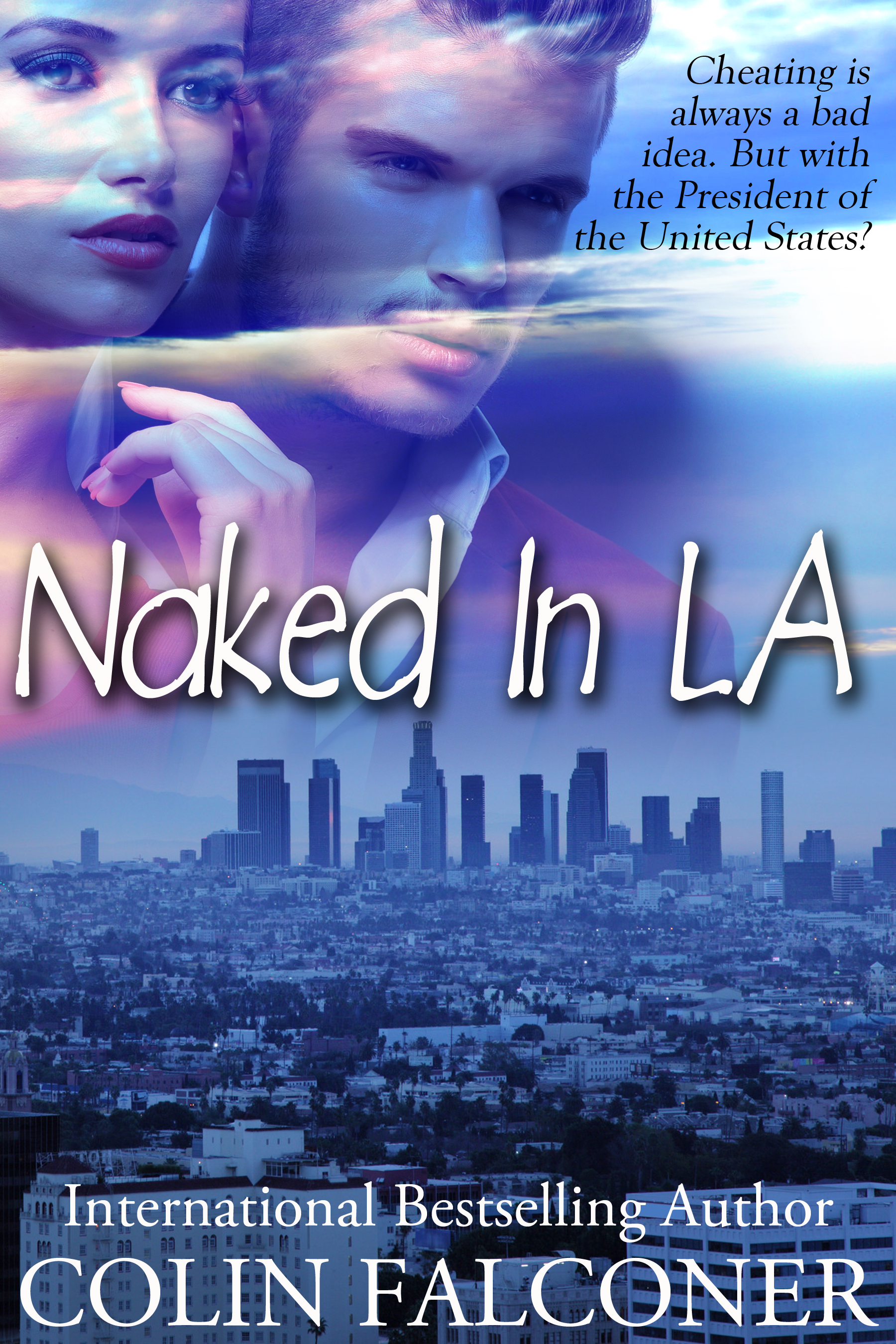
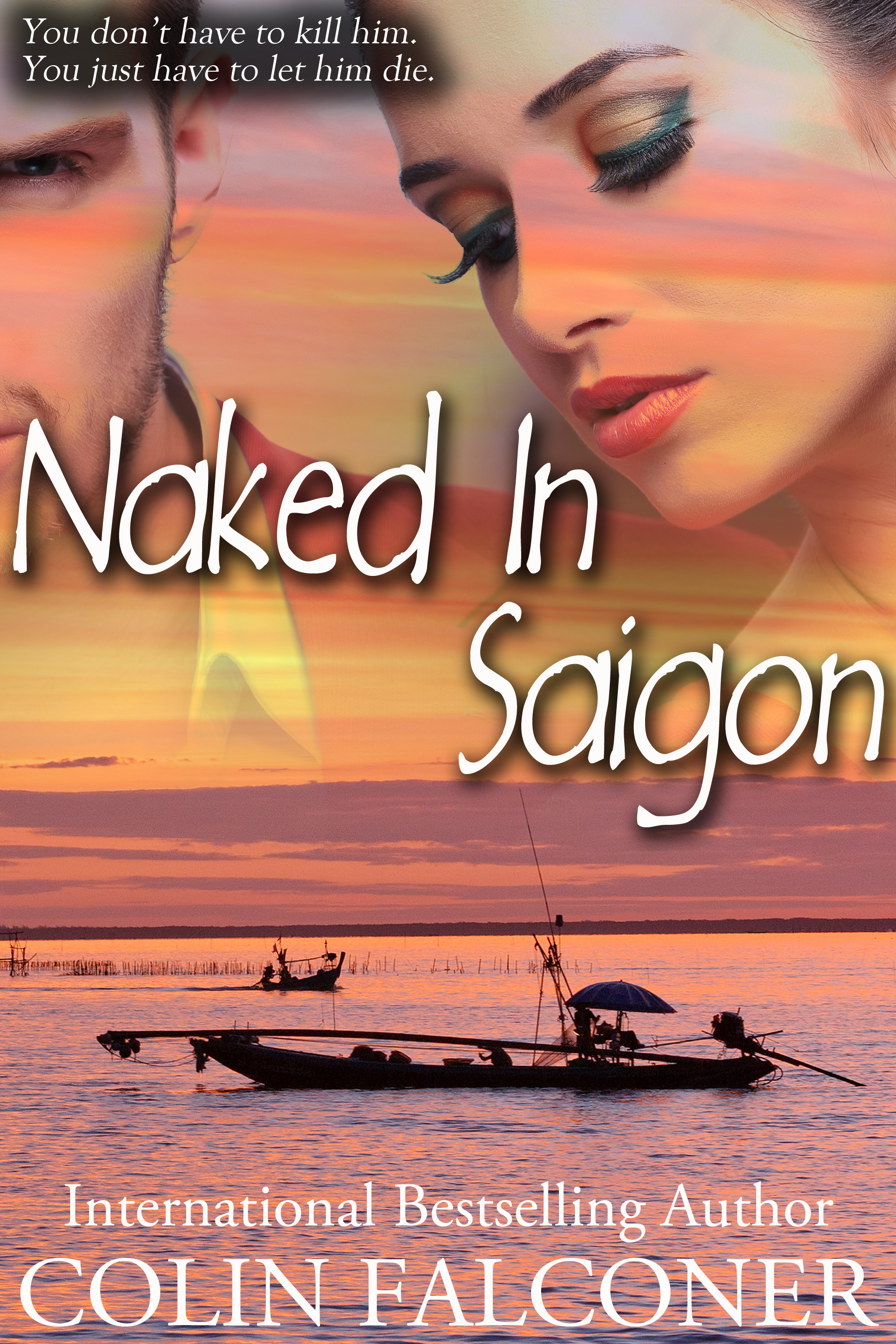
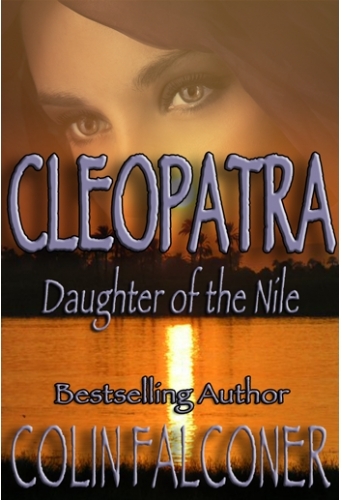
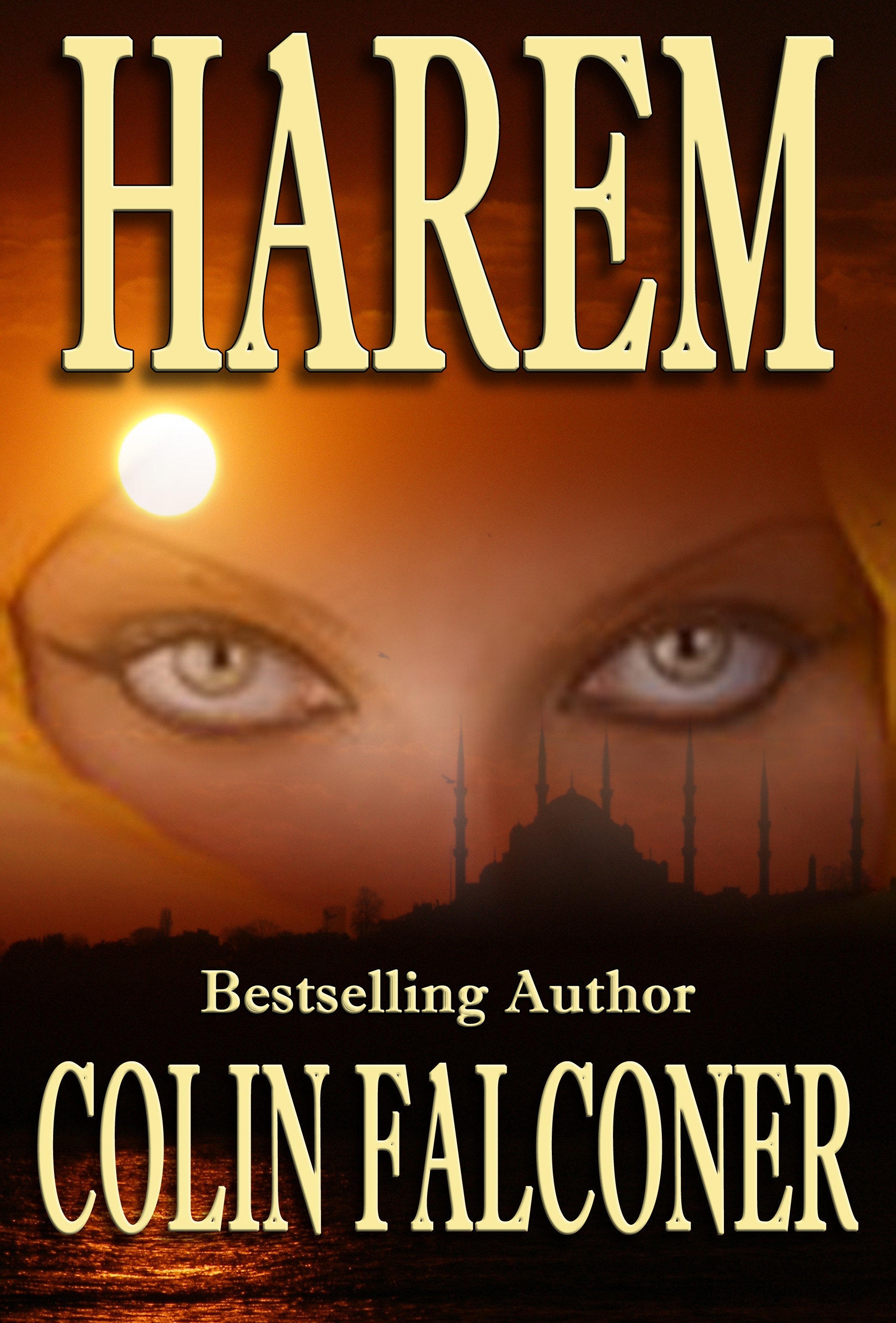
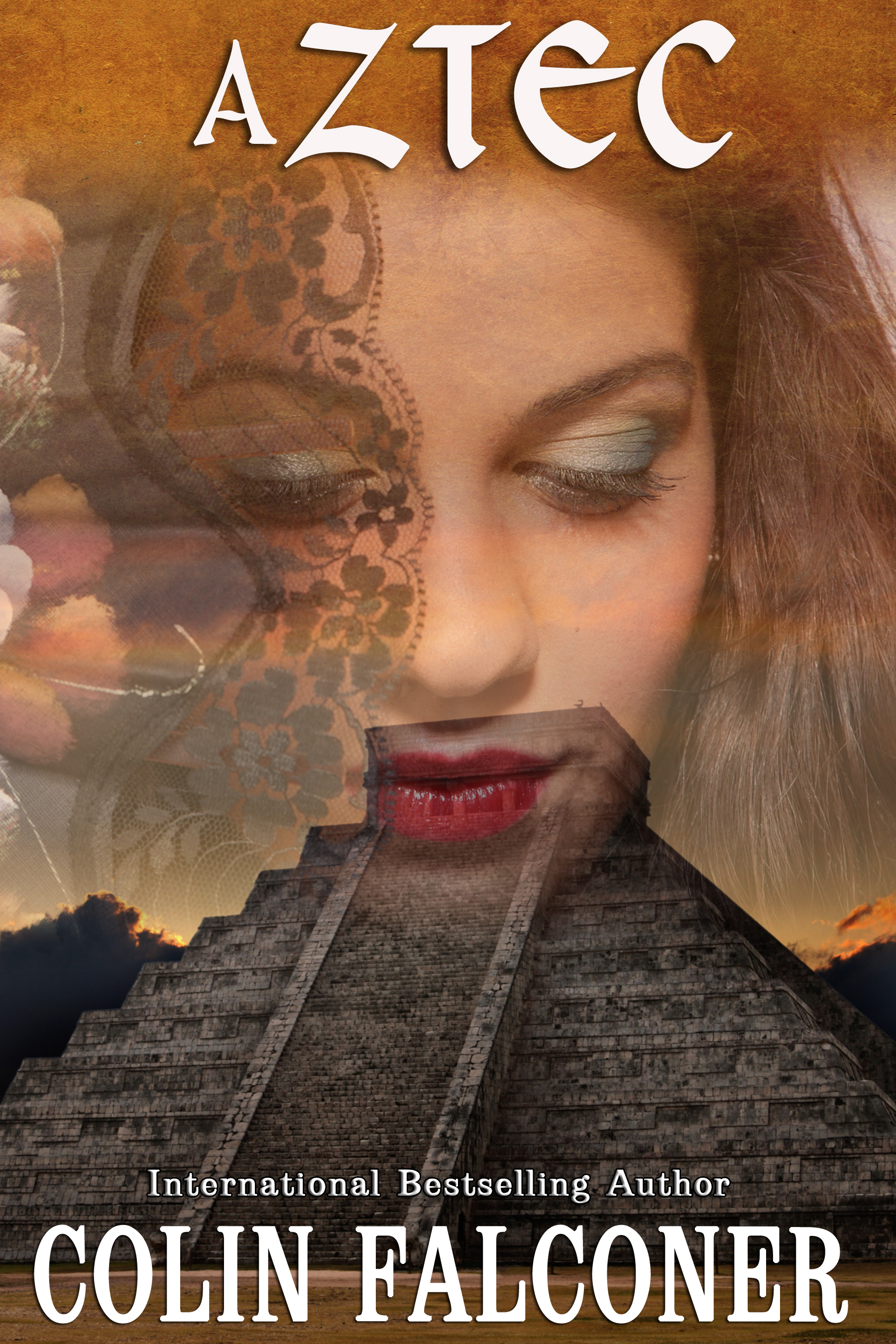

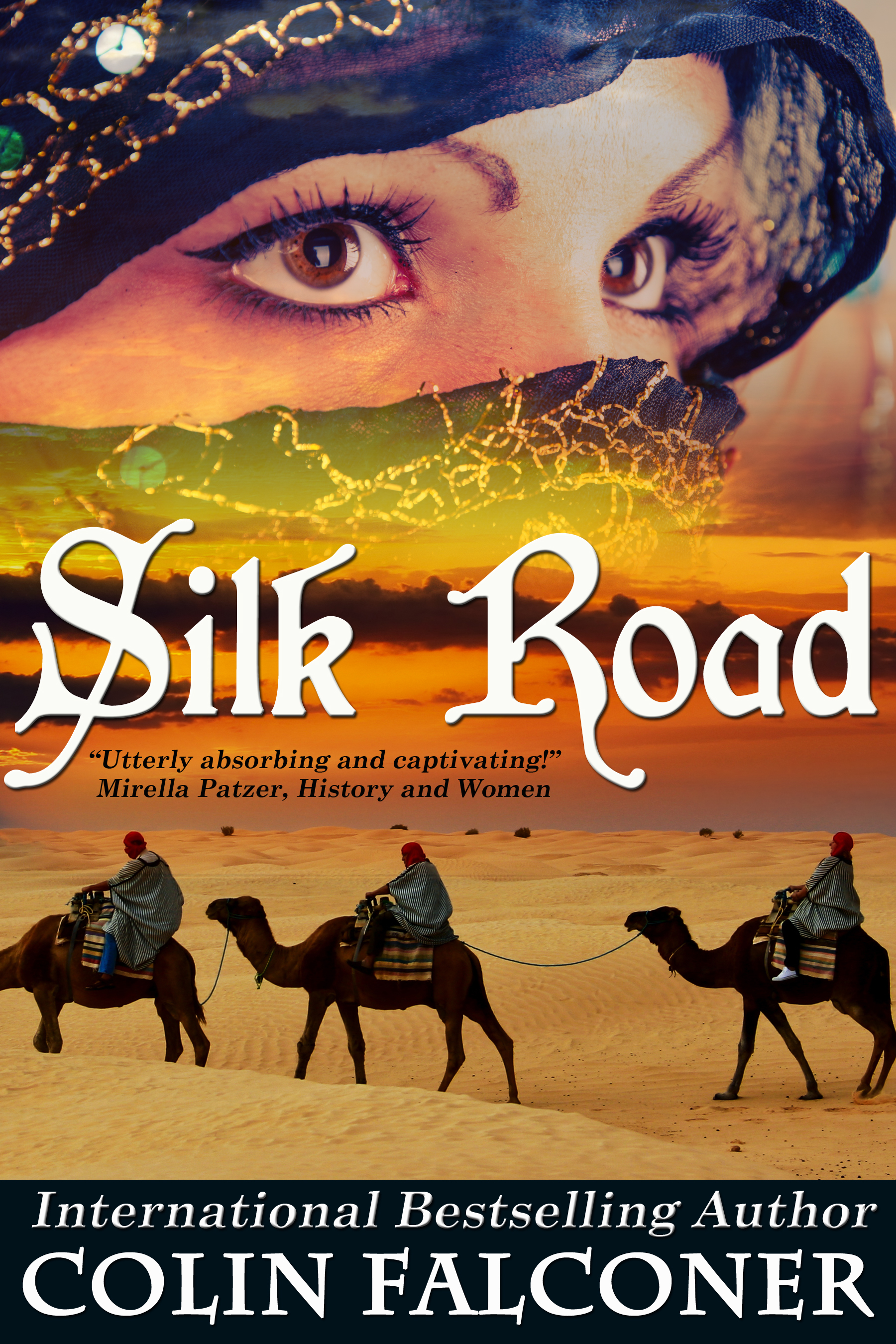
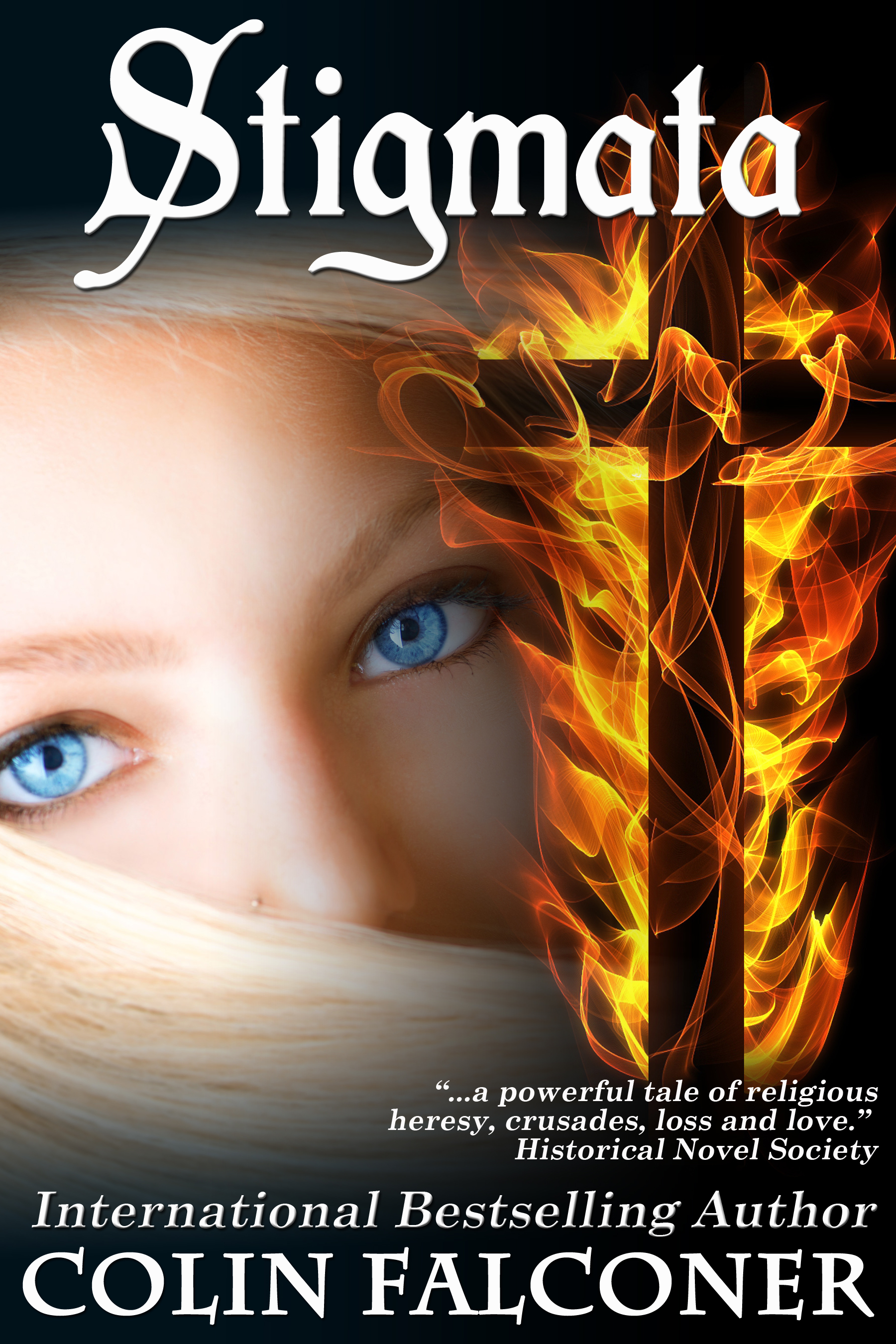
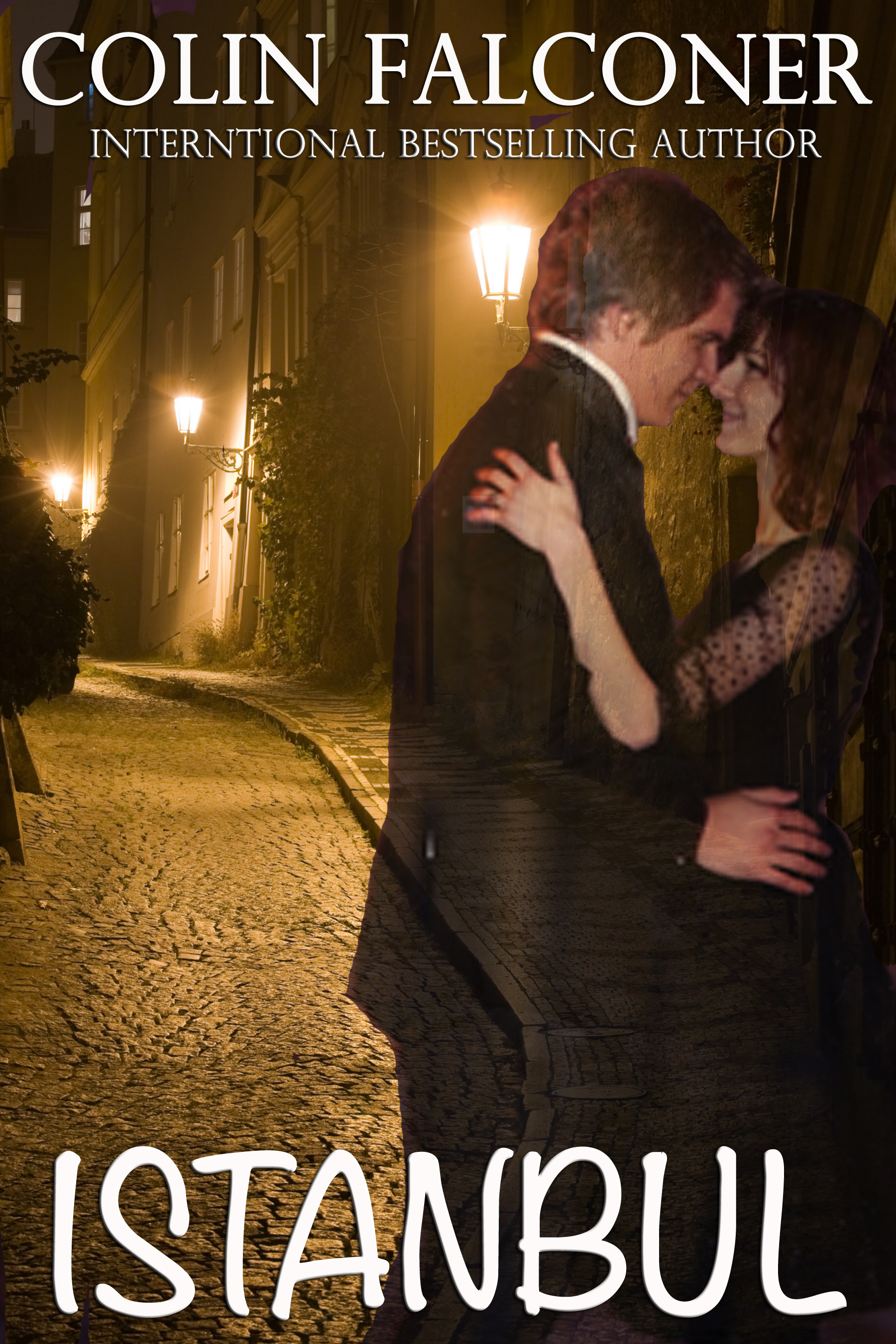

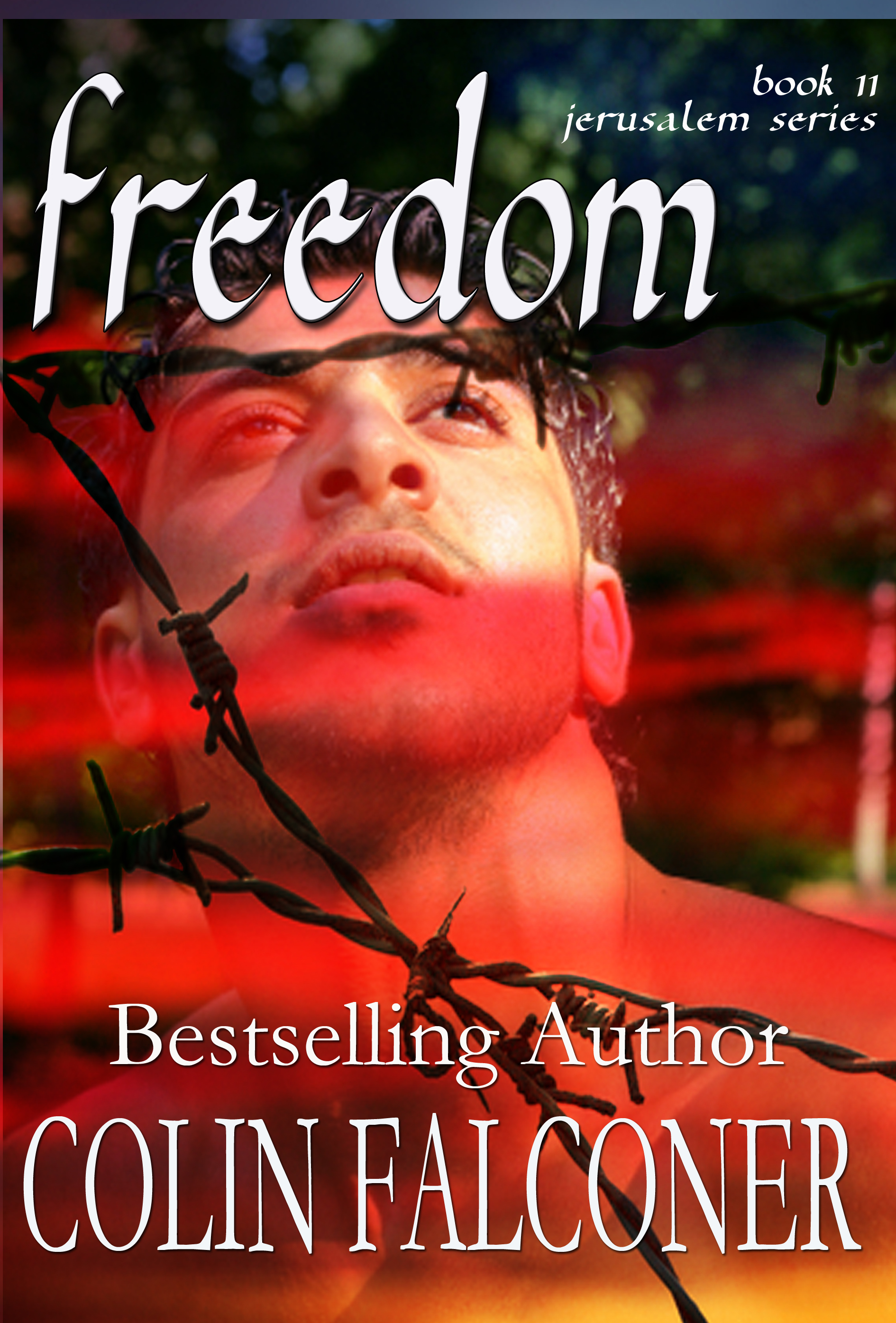


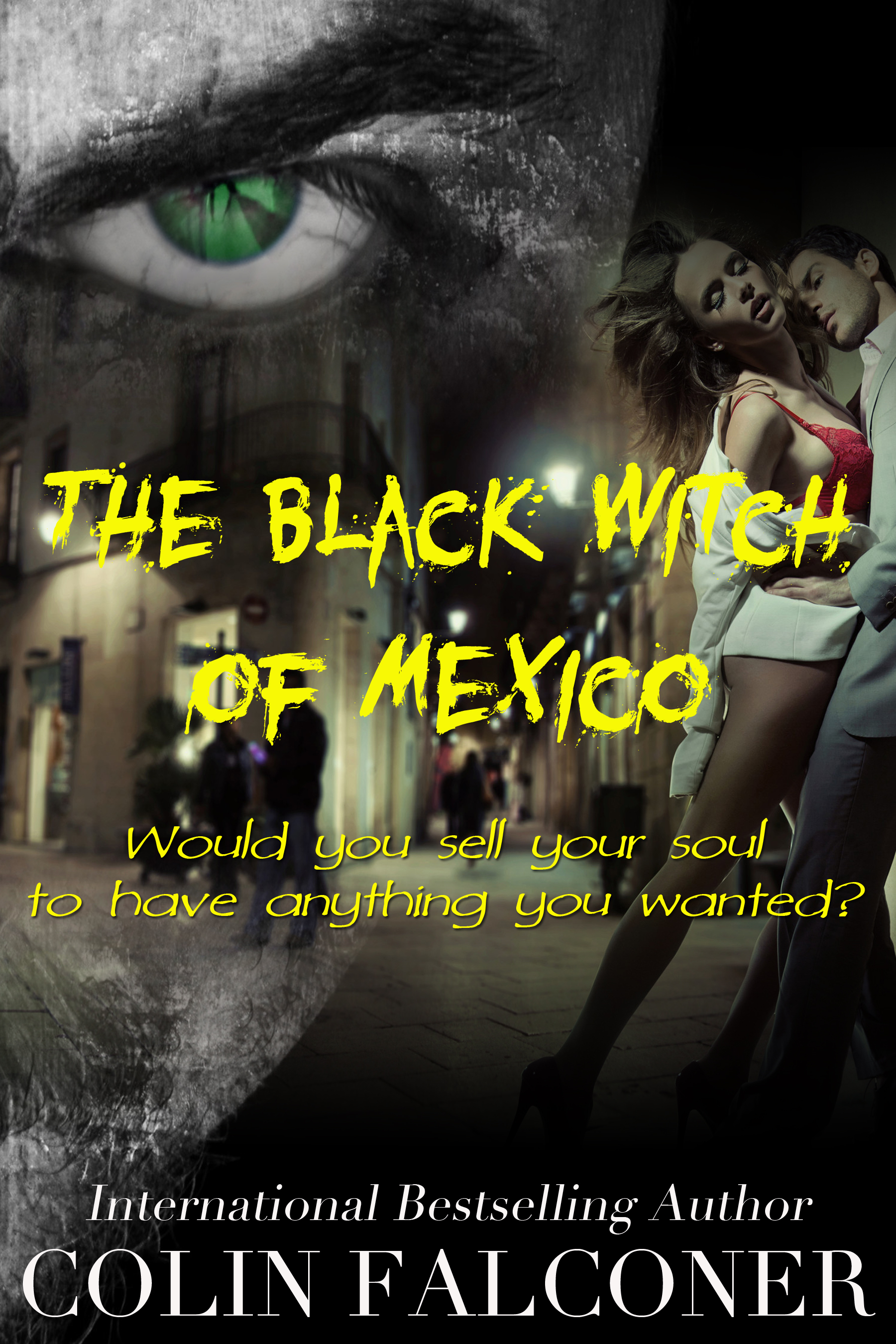


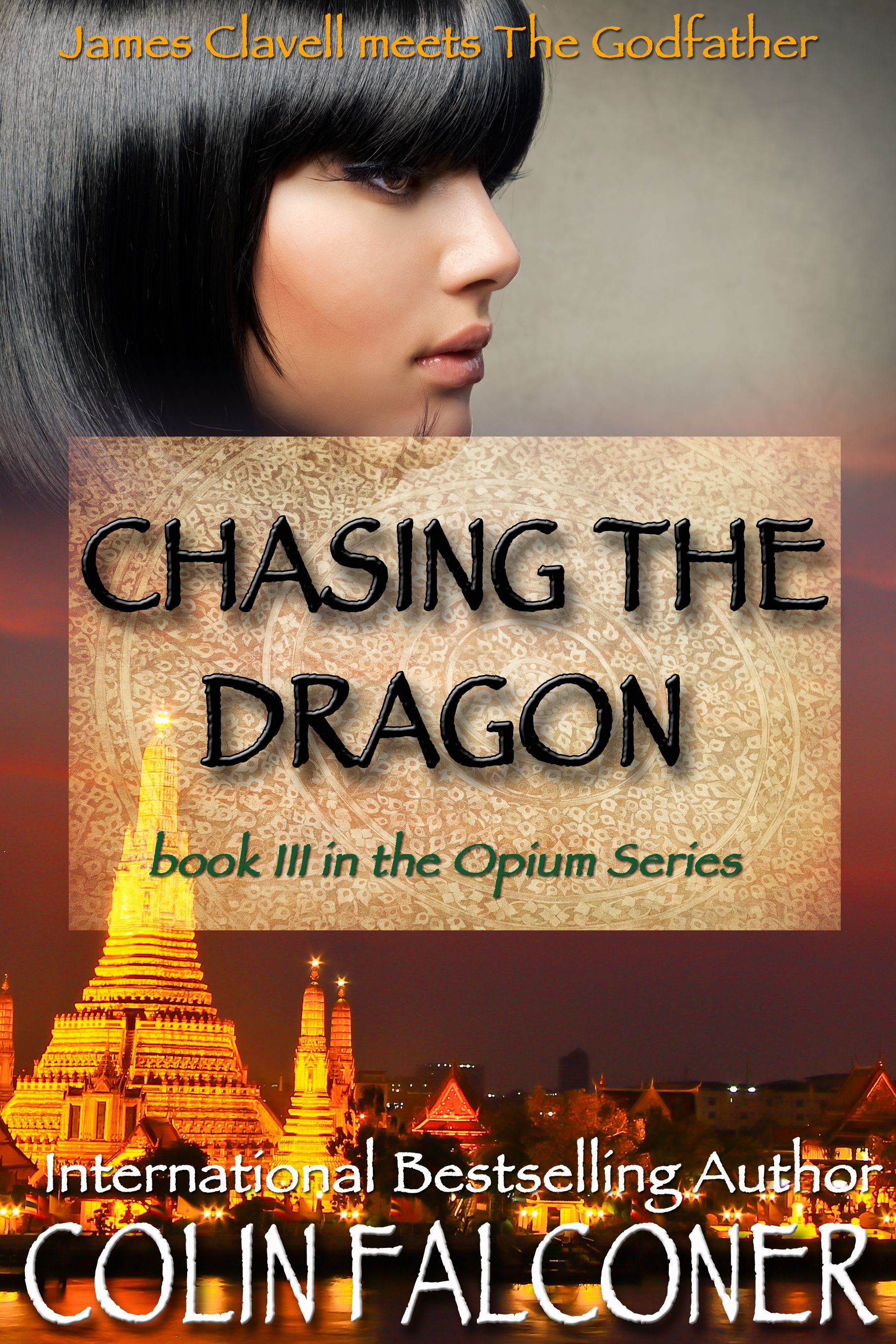
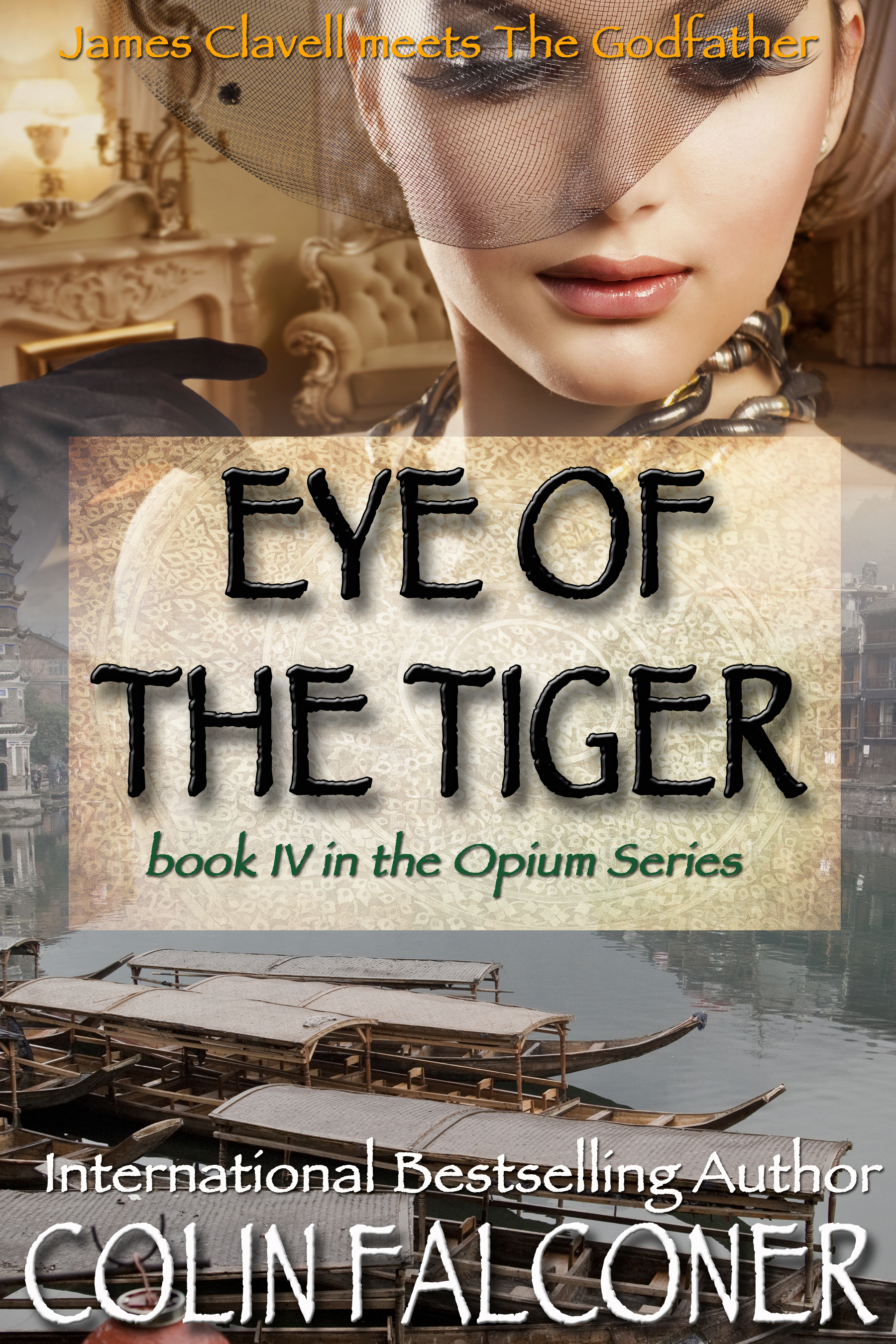
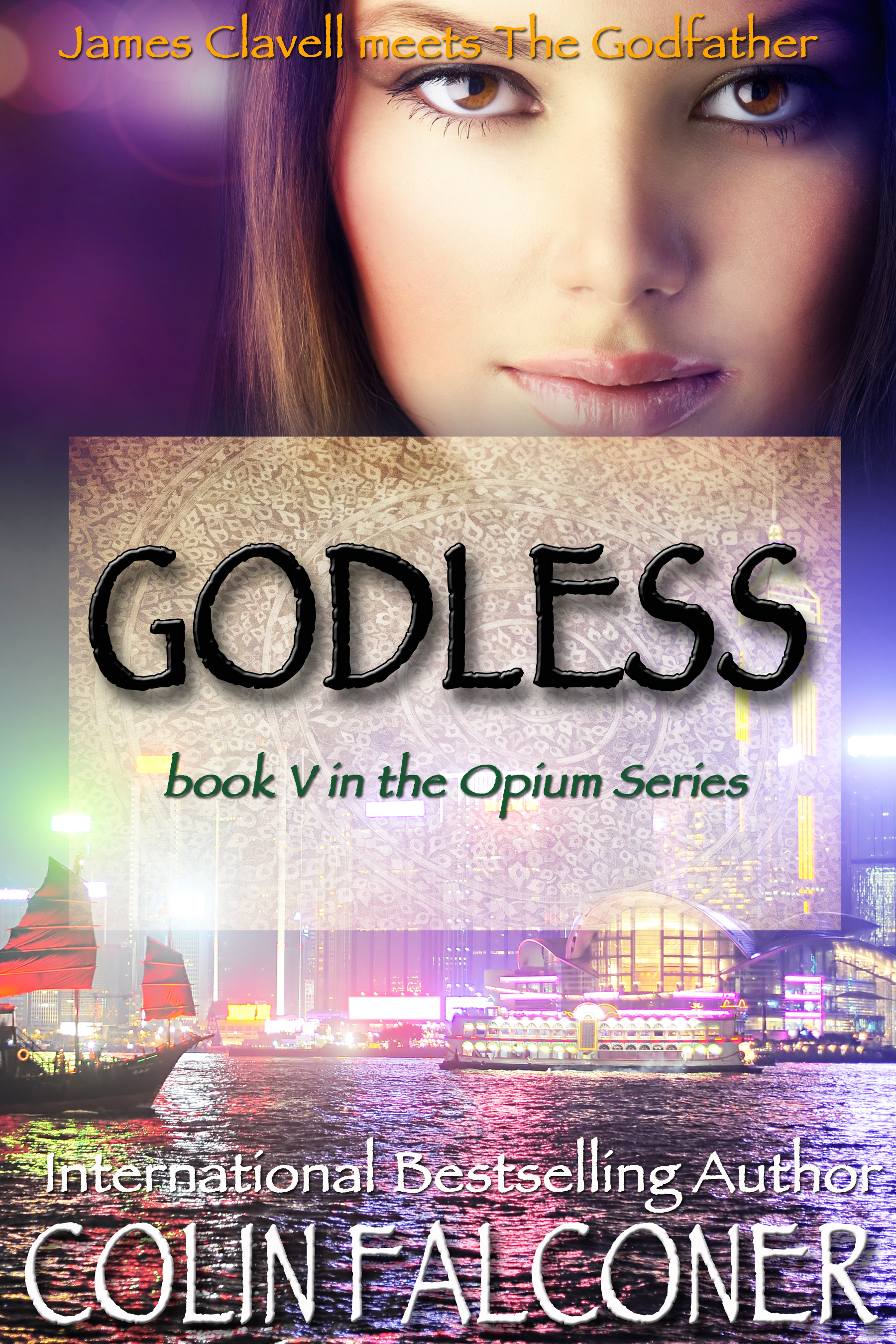
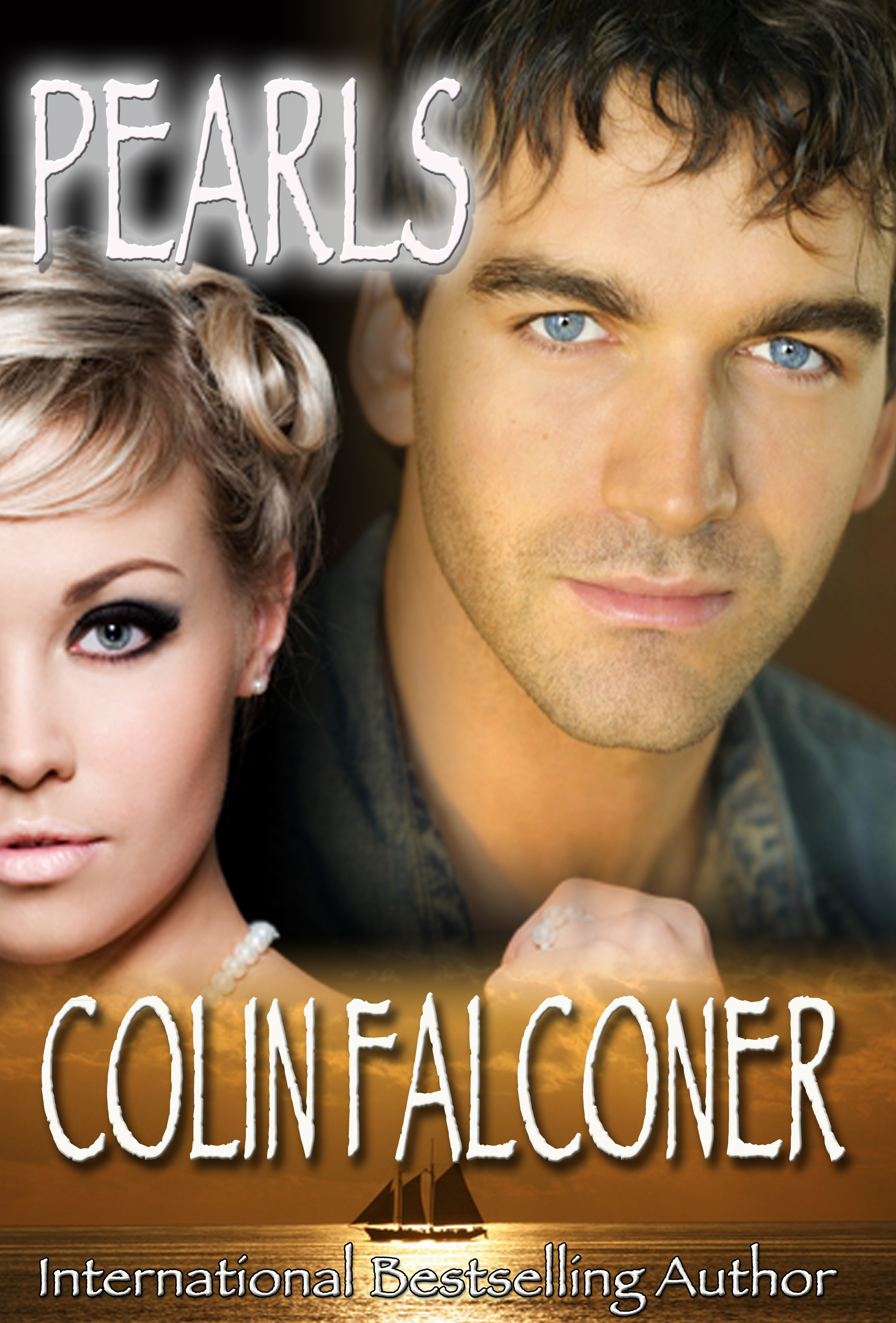

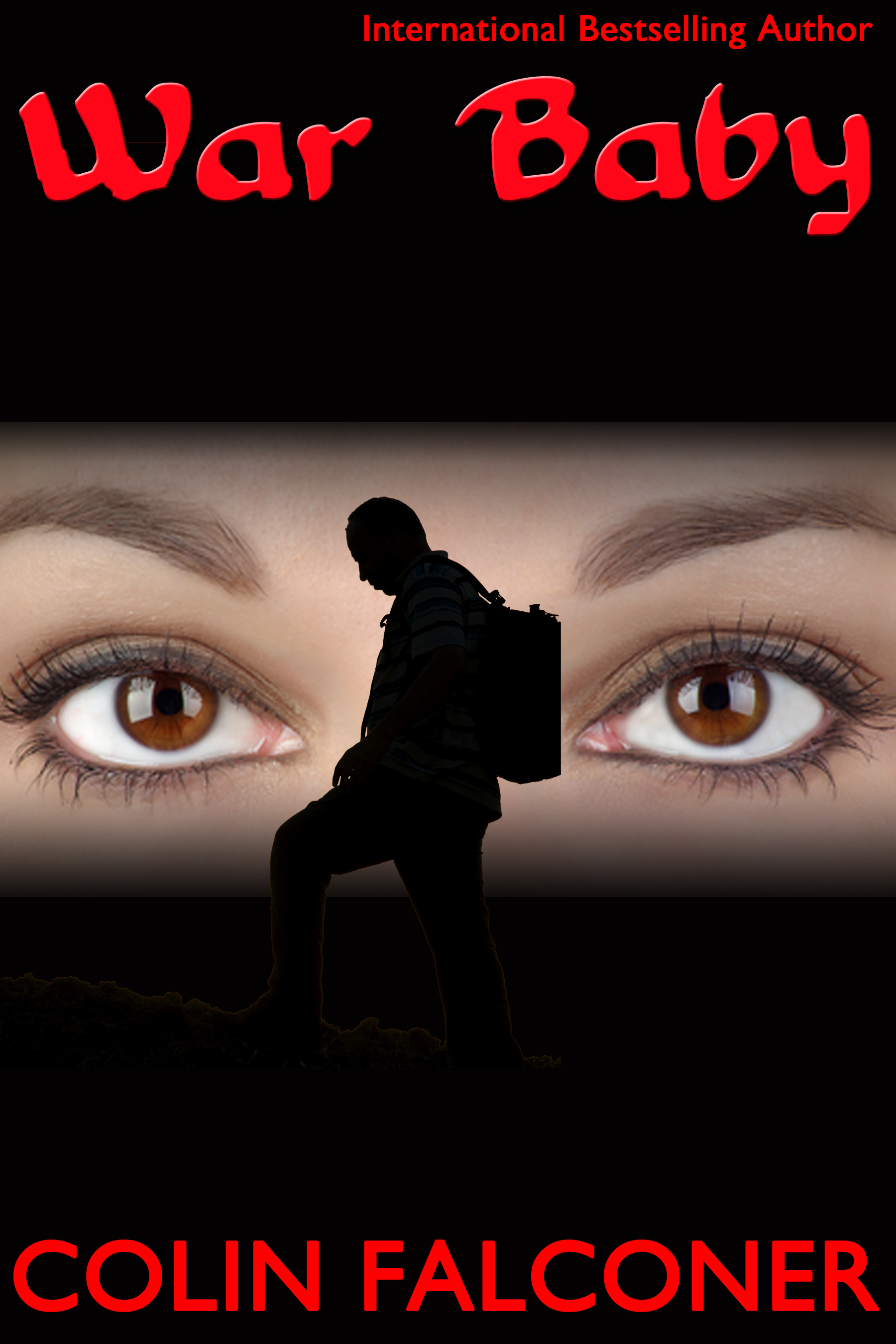
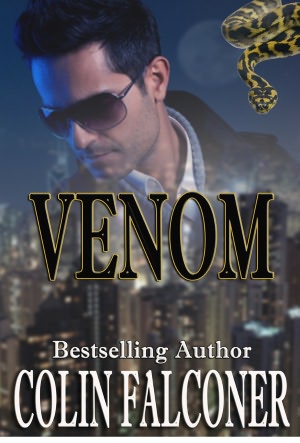
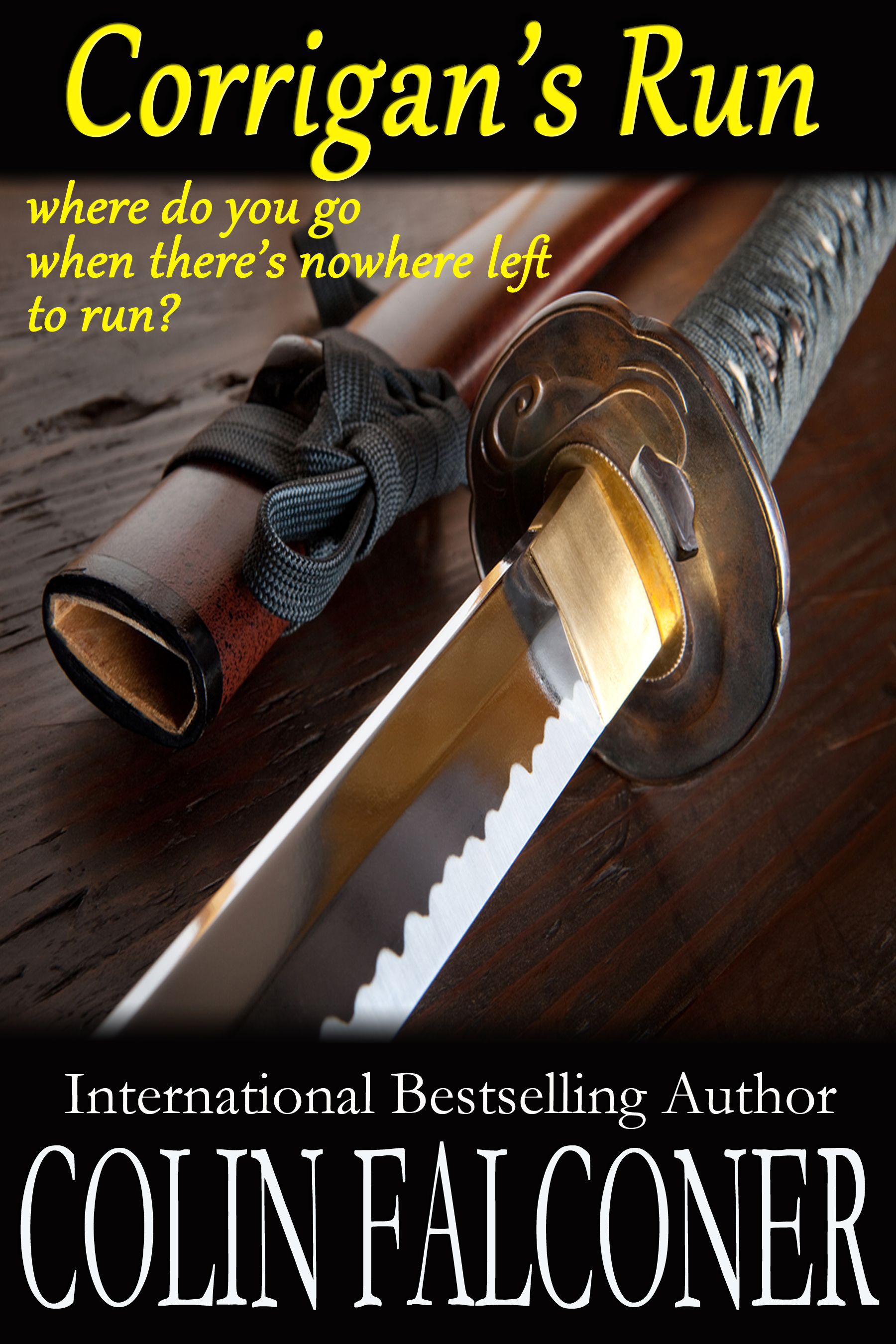
I don’t know where the line in the sand is. I’ll admit I feel like there should be one. But saying there is such a thing as writing which should never have been published and picking and choose which is which are two very different things. As long as I don’t know where the line should be drawn, I prefer not to have any line. People can choose not to read books they don’t like. They can’t choose to read books that don’t exist.
A timely post, Colin as i am wondering how much licence I have to interpret facts to fit the timeframe of the story I’m currently writing. I shared your post on http://www.facebook.com/groups/212369672160560/
Thank you.
Thanks for sharing it, Prue. Sherry will be delighted too.
Great post, Colin! I’m happy to say that I own this book and now I’m even more inspired to get it read.
In answer to your question, for me, there is no line and I don’t think there should be one. You don’t like it, or the idea of it, don’t read it. Simple.
I agree, Michelle.
The British Empire is culpable for untold millions of deadly carnage in its practice of the East Indies Company Opium Wars, slave trade, and its “divide and conquer” geopolitics. The intellectual apologists for these sorts of oligarchical evils like Edward Gibbon laud the structure of the Roman Pantheon as a sort of paradigm for “liberal democracies.” The attempt to bring about a “peace of faiths” by Cardinal Nicholas of Cusa, although failed at the time, the principles inherent in his works led to the US Constitution. The “pursuit of happiness” is not the same as a hedonistic calculus of the East Indies apologists like Jeremy Bentham. Instead it is encapsulated rather succinctly in FDR’s declaration of human rights and in JFK’s “We shall go to the moon’ speech. There is an intelligible principle for uncovering truth and we deny such to our own catastrophic failure to provide for the future of humanity.
Colin,
As always thought-provoking, which to me is the whole point of historical fiction. There are always going to be questions. I believe too, that the farther back into history we probe, the more questions we are going to have regarding the people, or incidents. As recently as the assassination attempt on Hitler, the subsequent death of Rommel and JFK’s assassination, the first two related, but the last, obviously not, living eye-witnesses cannot provide coherent accounts. How much more tangled does it get as we move farther back in time. I am of the same thinking as thetruebookaddict, with one codicil: there is no line, nor should there be. Shibboleths, sacred cows as ridiculous as they may seem should probably be probed and treated with due respec, with the exception of something like the egregious “The Innocence of Muslims,” which was deliberately released by a man here in my own state of Florida, Terry Jones. That was done simply to arouse passions during an already tense time.
Also, I have been following this story and I think Denise Spellberg, as an associate professor of Islamic History has done a grave injury to academia and worse, to Muslim-Western relations with her pronouncement. I find that in her criticism of “The Jewel of Medina” she has denied westerners a peek into the Muslim culture and religion. I lived among Muslims in Dearborn Michigan and loved being there. I am currently watching a show called “Little Mosque” produced in Canada for Hulu+. We are just as curious and eager to know them, as they are us. This is the perfect way to end the hate and suspicion on both sides. Shame on Ms. Spellberg.
Shame, too, on the people in the publishing house who listened to her …
I guess I’m not that open-minded, because I do think there are books that should be burned. Books that promote violence and hatred. Maybe that’s wrong, but it’s a crazy world we live in today, and there are people (too many people) who feed on that kind of ugliness.
As for different perspectives about history…no kidding! The Perfect Storm is a great example of an author taking major liberties with what really happened. No one knows what happened on that boat, but the movie was nominated for, and even won, a few awards. And this was just a couple of decades ago. I guess if people can guess what happened in the 20th century, they can just as easily guess what happened hundreds of years ago. Like you said, that’s why it’s called history.
A good example, Kristy. But we wouldn’t ban the guy who wrote Perfect Storm, right? Sherry Jones strayed into a debate about what the nature of blasphemy, and that’s very tricky ground indeed. We haven’t had a proper debate about that in the west yet. We will.
Kristy, I sure understand what you’re saying, but think about it. Do books really promote violence and hatred? I would submit that it isn’t the books, but the ideas and how they’re conveyed by people who know how to propagandize. For instance, “Mein Kampf.” That thing languished for years until Hitler was able to find an audience. Luckily for him, he also found that audience during a time of a monetary world-wide depression and one of the most repressive “peace” treaties ever put upon a once-major power, thus, we have payback time. It was his conveyance of his, actually, rather tired and shop-worn rhetoric screeds that got people lathered up; he tapped into a zeitgeist that had been simmering, since long before the time of Martin Luther.
You can also make a case for that with video games and movies. However, as we now live in such a globally and open (in most cases) society, I think it rather difficult to raise nations to a level of fervor seen during the 3rd Reich. Now, we get isolated Cults and various Klans and whatnot, but the Death Metal music, books and whatnot don’t create the violence. They are used to enhance feelings already present. History has survived all of this hate speech, music, art, writing and will continue to do so. Repugnant as it is, I’m one of those “go ahead and write your hate blargle. I just don’t have to read it.”
Wow! Intriguing ideas, Colin!
Thanks Kim. I found the whole debate about Sherry’s book intriguing. Glad you enjoyed it. I may interview Sherry in a couple of weeks, I think she has some interesting things to say on this subject.
Colin, I’ve pasted your insightful review and commentary all over the Internet. Thank you for such a thought-provoking post! You must remember that I once had a UK publisher in Gibson Square Books, but the publisher’s home office was set on fire by extremists before the book came out. The publisher canceled publication out of fear, and the extremists are in prison in the UK. I never found another British publisher, possibly because other extremist groups aired threatening videos on YouTube, etc., and sent letters, I read, to UK bookstores threatening violence to those which carried my book. I wonder if the reaction would be as heated if someone in the UK opted to publish “The Jewel of Medina” today?
Anyone wanting to buy my book probably sees that there is no paperback version. My US publisher opted not to bring it out in paperback, unfortunately, or its sequel, “The Sword of Medina.” Rights revert to me in fall 2015, and hope to publish it in paperback then.
Sherry
We should talk about this more. I feel an interview coming on.
Yes, and I have some photos you may want to use from those times.
Pingback: Death Threats, Fatwas, and Feminism: Looking Back at “The Jewel of Medina” |